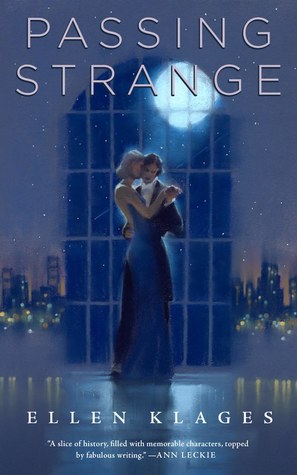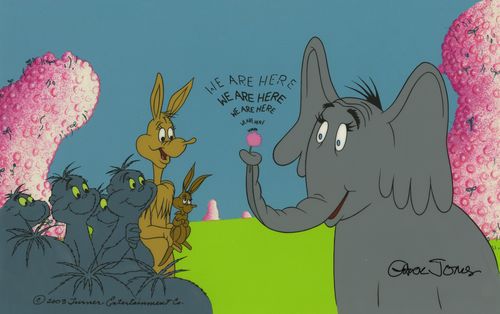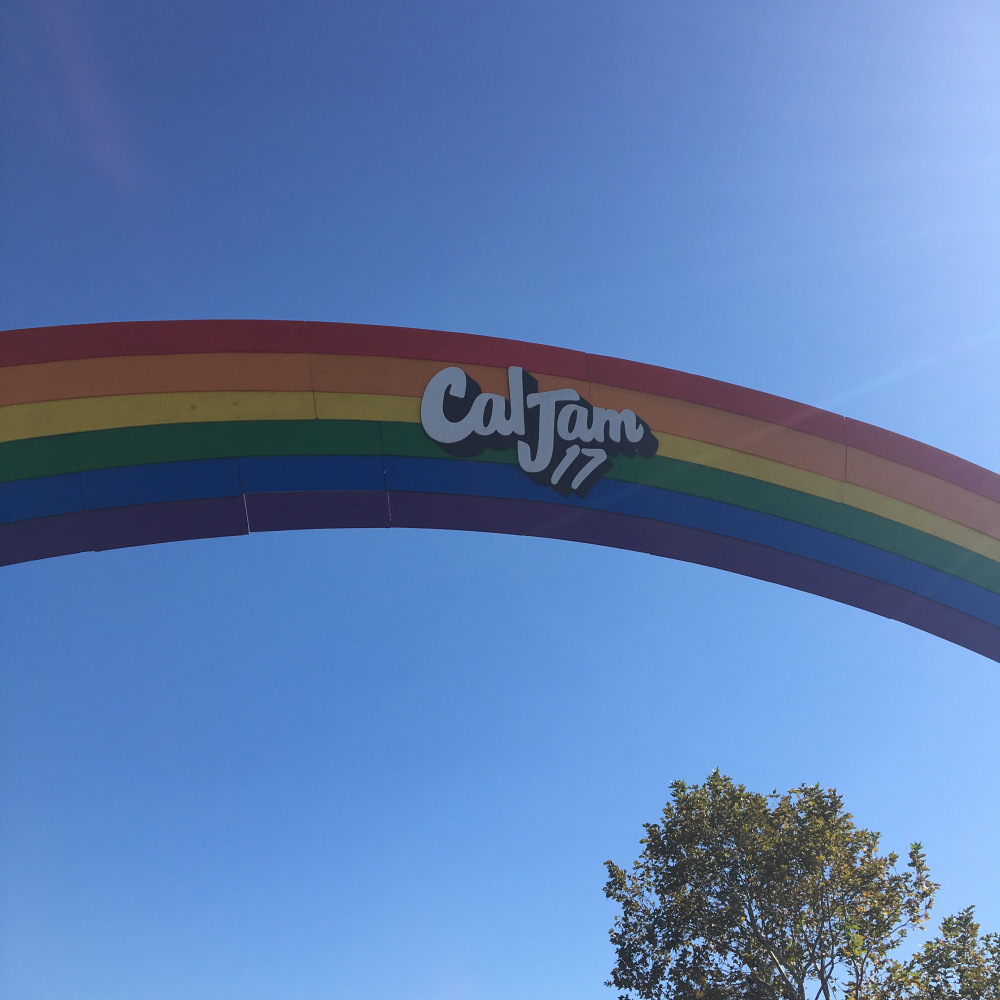 Passing Strange is an absolutely magical story and by far my favorite thing I’ve read so far in 2017. In this gorgeously imagined romance, Ellen Klages brings the queer side of 1940s San Francisco to glittering life and peoples it with characters who are fresh and interesting and yet still feel like the kind of old friends one wants to visit with over and over again. It’s a book that works precisely because of the specificity of its characters and its setting in time and space, and Klages does a great job of balancing the reality of history with the light fantasy elements she introduces over the course of her story. It’s still early in the year, but I fully expect Passing Strange to make a lot of year’s best lists, my own included.
Passing Strange is an absolutely magical story and by far my favorite thing I’ve read so far in 2017. In this gorgeously imagined romance, Ellen Klages brings the queer side of 1940s San Francisco to glittering life and peoples it with characters who are fresh and interesting and yet still feel like the kind of old friends one wants to visit with over and over again. It’s a book that works precisely because of the specificity of its characters and its setting in time and space, and Klages does a great job of balancing the reality of history with the light fantasy elements she introduces over the course of her story. It’s still early in the year, but I fully expect Passing Strange to make a lot of year’s best lists, my own included.
Structurally, Passing Strange is slightly odd, with a lopsided framing story that leads off with an almost too-long sequence in the modern day (or possibly the near future) that introduces an extended flashback and then a final very short coda that wraps up both stories with a clever punchline. While the payoff is totally worth it in the end, it did make for a bit of a slow start to the book, and I was a little disappointed that Helen Young didn’t get more page time in the middle parts, especially when there were other characters introduced who felt much less consequential overall as a consequence of the bookends of Helen’s present day story. The problem, however, is mostly a matter of managing expectations. It’s not that Helen is unimportant after all or that other characters are given too much importance in the narrative. It’s simply that the early focus on Helen kind of leads the reader to think we’re getting more of Helen’s story, and the realization that we’re not takes a while and then doesn’t fully make sense until very late in the book. That said, once I figured out what Klages was doing, I found it easy to appreciate the deliberate way in which she reveals her story.
Passing Strange is less a straightforward love story (though romance figures largely in it) and more a detailed portrait of a specific time and place and an examination of a particular set of experiences, here, the lives of queer women in San Francisco in the 1940s. I love the way Klages introduces her characters once the flashback starts, and the picture she paints of all these interconnected women, their struggles and friendships and the joy they have in spite of often difficult circumstances is vivid and real-feeling. Klages seamlessly weaves together scenes of sweetness with scenes of visceral pain without shying away from depicting the ugliness of the era (which is sadly not always very different from our current one) but without dwelling on darkness. It’s a balancing act that can be hard to manage, and Klages does so superbly, crafting a story that is true to reality but still ultimately optimistic.
If there’s any real complaint to be made about Passing Strange, it’s that the fantasy elements of the story are only slight until the very end, when magic is almost (but not quite) a deus ex machina. It’s hinted at throughout the book that magic is both real and not very uncommon, but there’s only one actual magical event of any significance, and it’s not tied to the other magics that are described elsewhere in the book. Just in general, I would have loved to see all of the various magic and witchery suggested in the story be expanded upon more fully, to be honest. The richness of 1940s San Francisco is a lush backdrop for the story already, but Klages hints at an equally rich world of magic just out of the reader’s sight.
All this said, Passing Strange is still a near-perfect novella. The few complaints I have about it all amount to just wanting more of it. I want more stories about women loving women, and I want them to have grand romances, magical adventures, and happy endings. As delightful as Haskell and Emily and their friends are, they aren’t enough. Passing Strange deserves to be more than a singular work of its type, and if Ellen Klages ever decides to revisit this setting or any of these characters, I’m here for it. If anyone else is writing anything like this I’m looking for it.
This review is based on an advance copy of the book received from the publisher through NetGalley.
Share this:





